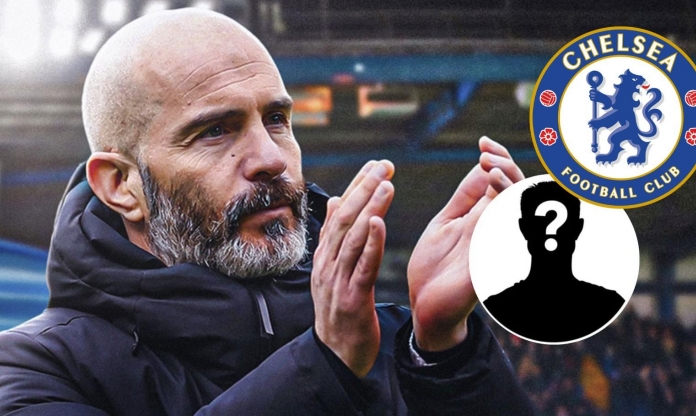Ligue 1 financial crisis: Is it the result of excessive favoritism towards PSG?
Recognized as one of the top five national leagues in Europe and globally, Ligue 1’s income in recent years has been severely lackluster. Several entities took the lead in acquiring Ligue 1 rights, yet they were forced to return them prematurely because of insufficient returns.
In the 2024/25 season, DAZN, a global sports streaming platform, shocked the market by investing 400 million Euros to secure the broadcasting package for Ligue 1. Hoping to transform the French league into a popular product, DAZN believed Ligue 1 could compete with other leagues like the Premier League and La Liga. However, in less than a year, everything collapsed.
The figures reveal a harsh reality: the number of subscribers following Ligue 1 was far below expectations, causing DAZN to suffer losses ranging from 200 to 250 million Euros within just one season. Unable to sustain the losses, DAZN agreed to pay 100 million Euros to terminate the contract early, a rare move in the European sports rights market.

This sudden withdrawal left a massive financial gap. The Ligue 1 organizers had to innovate by launching their own platform, Ligue 1+, to sell online subscriptions directly. However, a league that is relatively less popular outside France and lacks globally iconic stars struggles to compete with more attractive sports products like the Premier League or La Liga.
Another blow to Ligue 1: BeiN Sports, a long-time partner, only offered 80 million Euros for the new rights package, plus an uncertain 20 million Euros in sponsorship funds. As a result, after deducting operational costs, the amount distributed to Ligue 1 clubs for the 2025/26 season is merely80.5 million Euros
In reality, Ligue 1’s previous revenue sharing was very unfair. In past seasons, the champion alone received 60 million Euros, and almost every year that was PSG. Meanwhile, smaller clubs only got a small amount, insufficient to maintain stable operations.

It’s no surprise that the French Football Federation had to reduce the number of participating teams from 20 to 18, hoping to allocate the limited budget among fewer clubs. But this measure is merely a “temporary bandage” and unlikely to solve the crisis fundamentally.
If a new direction is not quickly found—from restructuring the rights model, expanding international cooperation, to changing profit distribution—Ligue 1 will continue to sink deeper into crisis. Then, the league once proud to produce stars like Zidane, Henry, and Mbappé risks becoming a “second-tier competition” in Europe’s eyes.











 Links
Links
 Contact
Contact
 App
App


